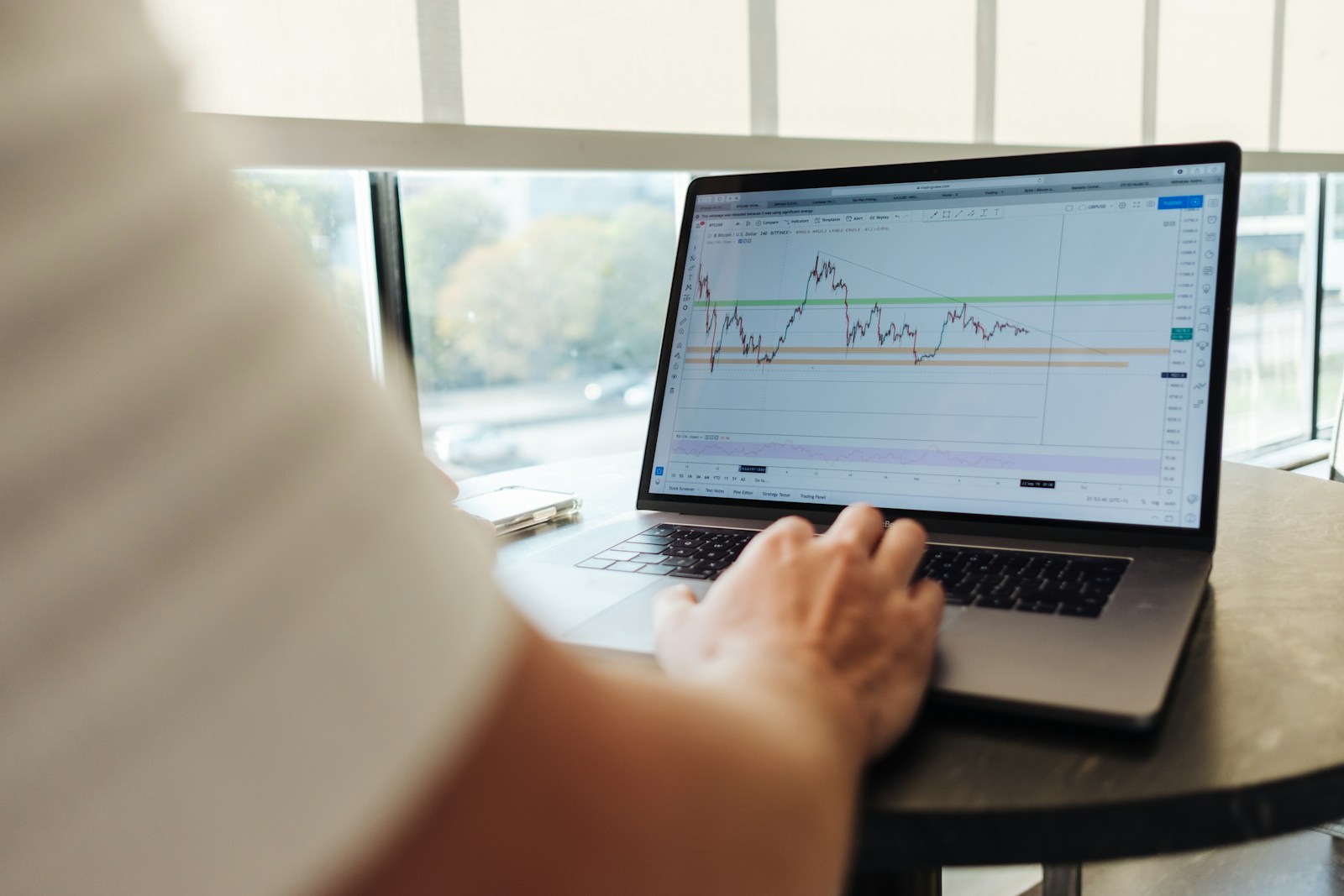Trading is as much a psychological endeavor as it is a technical or analytical one. Among the many emotions that traders face, greed and overconfidence are two of the most dangerous. While they can push traders to take action and pursue opportunities, they often lead to impulsive decisions, excessive risk-taking, and eventual losses.
In this article, we’ll dive into the psychology behind greed and overconfidence, their impact on trading, and how to manage these emotions effectively to maintain a balanced mindset.
The Psychology of Greed in Trading
Greed in trading is the intense desire to accumulate profits, often leading to irrational decisions. It’s rooted in our natural inclination to seek rewards and avoid missed opportunities. In trading, greed manifests when traders focus solely on maximizing gains, ignoring risk, or deviating from their strategies.
How Greed Affects Trading
1. Chasing the Market
Traders driven by greed often abandon their plans to chase fast-moving markets, leading to poorly timed entries.
2. Holding Positions Too Long
The desire for "just a little more profit" can cause traders to hold positions longer than they should, often turning winners into losers.
3. Overtrading
Greed can lead to excessive trading, where traders open positions without proper analysis, hoping for continuous profits.
4. Ignoring Risk Management
Greedy traders might increase their position sizes or ignore stop-losses, exposing themselves to significant losses.
The Psychology of Overconfidence in Trading
Overconfidence occurs when traders overestimate their abilities, often after a series of successful trades. This inflated self-belief can cloud judgment, leading to risky behavior and a lack of discipline.
How Overconfidence Affects Trading
1. Underestimating Risk
Overconfident traders often believe they are "invincible," leading them to ignore the inherent risks in trading.
2. Neglecting Research
Success can lead traders to feel they no longer need to conduct thorough analysis, relying instead on gut feelings.
3. Increased Leverage
Overconfidence can encourage traders to take larger positions or use excessive leverage, magnifying potential losses.
4. Failure to Adapt
Overconfident traders may stick to a strategy even when market conditions change, leading to poor performance.
The Dangerous Combination: Greed + Overconfidence
When greed and overconfidence combine, the consequences can be catastrophic. A trader driven by greed might amplify their exposure to the market, while overconfidence makes them blind to the risks. For example:
- A trader experiencing a winning streak might increase their position sizes (overconfidence) while holding trades longer than planned to maximize gains (greed).
- If the market reverses, the losses can be substantial, wiping out not only profits but also emotional resilience.
Strategies to Manage Greed and Overconfidence
1. Set Clear Goals and Limits
Establish realistic profit targets and loss limits before entering a trade. Knowing when to exit a trade—regardless of emotions—helps counteract the temptation to let greed take over.
- Profit Targets: Decide in advance how much profit is acceptable for each trade.
- Loss Limits: Use stop-loss orders to prevent excessive losses if the market moves against you.
2. Stick to Your Trading Plan
A well-defined trading plan serves as a safeguard against emotional decision-making. It should include:
- Entry and exit criteria.
- Risk management rules (e.g., maximum position size, leverage limits).
- A process for evaluating trades objectively.
Resist the urge to deviate from your plan, even during winning streaks.
3. Use Risk Management Tools
Effective risk management reduces the emotional impact of both greed and overconfidence:
- Risk only a small percentage of your capital (1-2%) per trade.
- Avoid over-leveraging, which can amplify both gains and losses.
- Diversify your trades to reduce dependency on any single position.
4. Keep a Trading Journal
Documenting your trades, including your emotions, helps you identify patterns of greed or overconfidence. Review your journal regularly to assess whether you’re sticking to your plan or taking unnecessary risks.
5. Adopt a Long-Term Perspective
Greed often stems from a short-term mindset, while overconfidence is fueled by recent successes. Adopting a long-term perspective helps you stay grounded:
- Focus on consistent execution rather than individual wins.
- Understand that losses are inevitable and part of the trading process.
- Measure success over months or years, not days or weeks.
6. Practice Emotional Discipline
Developing emotional resilience is key to managing both greed and overconfidence. Techniques to stay balanced include:
- Mindfulness: Stay aware of your emotional state while trading.
- Regular Breaks: Stepping away from the screen during emotional highs or lows can help you regain perspective.
- Accountability: Share your trading decisions with a mentor or peer to avoid overconfidence-fueled risks.
7. Learn from Your Mistakes
Every trader experiences moments of greed and overconfidence. The key is to recognize these patterns and adjust your behavior:
- After a loss, ask: "Was I greedy or overconfident?"
- After a win, ask: "Did I follow my strategy, or did I take unnecessary risks?"
Examples of Greed and Overconfidence in Action
Case 1: Greed
A trader buys a stock at $100, and their target is $110. When the stock reaches $110, they decide to hold out for $120. The stock reverses to $95, turning a winning trade into a loss. The greed for "just a little more" led to ignoring the initial plan.
Case 2: Overconfidence
After a series of profitable trades, a forex trader increases their position size and uses maximum leverage. They assume they have mastered the market. When an unexpected economic event occurs, the market moves against them, and their losses wipe out weeks of profits.
Final Thoughts
Greed and overconfidence are natural emotions in trading, but they must be managed to achieve consistent success. While these feelings can motivate traders to seek opportunities, they often lead to impulsive decisions and unnecessary risks. By recognizing the signs of greed and overconfidence, implementing risk management, and sticking to a disciplined trading plan, you can keep these emotions in check.
In the end, successful trading is about balance. Stay humble in your approach, disciplined in your execution, and focused on the bigger picture. Mastering your psychology is just as important as mastering the markets.










